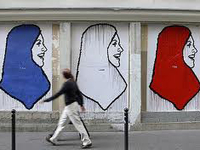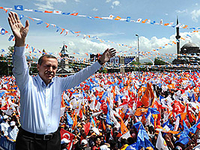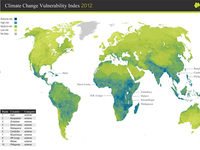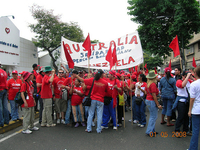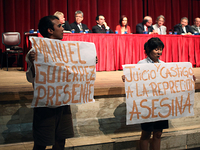GD 2.2 - November 2011
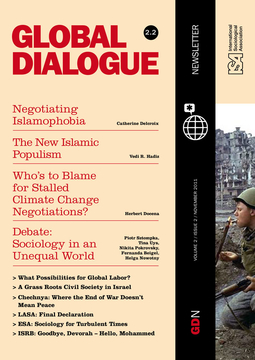
Global Dialogue is available in multiple languages!
Select the language to download the issue.
Editors:
Michael Burawoy.
Associate Editor:
Margaret Abraham, Tina Uys, Raquel Sosa, Jennifer Platt, Robert Van Krieken.
Managing Editors:
Lola Busuttil, August Bagà.
Consulting Editors:
Izabela Barlinska, Louis Chauvel, Dilek Cindoglu, Tom Dwyer, Jan Fritz, Sari Hanafi , Jaime Jiménez, Habibul Khondker, Simon Mapadimeng, Ishwar Modi, Nikita Pokrovsky, Emma Porio, Yoshimichi Sato, Vineeta Sinha, Benjamin Tejerina, Chin-Chun Yi, Elena Zdravomyslova.
REGIONAL EDITORS
Arab World: Sari Hanafi, Mounir Saidani.
Brazil: Gustavo Taniguti, Juliana Tonche, Pedro Mancini, Fabio Silva Tsunoda, Dmitri Cerboncini Fernandes, Andreza Galli, Renata Barreto Preturlan.
Colombia: María José Álvarez Rivadulla, Sebastián Villamizar Santamaría, Andrés Castro Araújo.
India: Ishwar Modi, Rajiv Gupta, Rashmi Jain, Uday Singh.
Iran: Reyhaneh Javadi, Shahrad Shahvand, Zeinab Nesar, Fatemeh Khorasani, Najmeh Taheri, Saghar Bozorgi, Tara Asgari Laleh.
Japan: Kazuhisa Nishihara, Mari Shiba, Yoshiya Shiotani, Kousuke Himeno, Tomohiro Takami, Yutaka Iwadate, Kazuhiro Ikeda, Yu Fukuda, Michiko Sambe, Takako Sato.
Poland: Mikołaj Mierzejewski, Anna Piekutowska, Karolina Mikołajewska, Jakub Rozenbaum, Tomasz Piątek, Michał Chełmiński.
Russia: Elena Zdravomyslova, Elena Nikoforova, Asja Voronkova.
Spain: Gisela Redondo.
Taiwan: Jing-Mao Ho.
GD 2.2 - November 2011
Editorial
One of sociology’s important tasks is to combat popular stereotypes and political distortions, not least, those portraying the place of Islam in the world today. Thus, in this issue of Global Dialogue Catherine Delcroix analyzes how Muslims in Europe respond to Islamophobia, while Vedi Hadiz examines how Islamic Populism mobilizes Muslims in Indonesia and Egypt behind market ideologies, following the model of the Justice and Development Party now ruling Turkey.
Herbert Docena shows how markets and morality are also intertwined in climate change negotiations as the North denies guilt for centuries of emissions, and the South refuses to make sacrifices to counter conditions they didn’t create. Here the market enters as a supposedly neutral arbiter, whereas in other cases its destructiveness is transparent. Thus, Rob Lambert writes about the possibilities of contesting neoliberalism through international labor solidarity based in the Global South, while Devorah Kalekin describes last summer’s anti-austerity protests in Israel.
Market fundamentalism was also the focus of two major addresses, published here, to the September meetings of the European Sociological Association and the Latin American Sociological Association. They contribute to sociology in an unequal world – the theme of the 2014 World Congress of Sociology in Yokohama – as does, from another perspective, Piotr Sztompka, whose ten theses have prompted four divergent responses. The debate is not new but is invigorated by heightened consciousness of global inequalities.
Our human rights column describes the horrors of pax-Russiana in Chechnya, while our history column pays tribute to Devorah Kalekin, dedicated editor of the International Sociology Review of Books, which she began in 2006. Finally, I’d like to welcome the team of sociologists from Warsaw who will produce Global Dialogue in Polish, our 12th language, and the team from Bogotá who will take over the Spanish translation.
Michael Burawoy, editor of Global Dialogue
Global Dialogue can be found in multiple languages.
Submissions should be sent to globaldialogue@isa-sociology.org.

